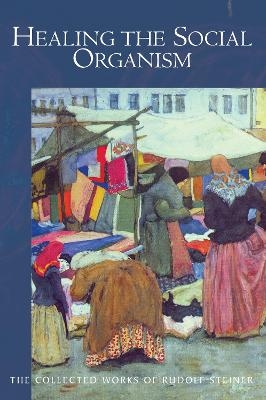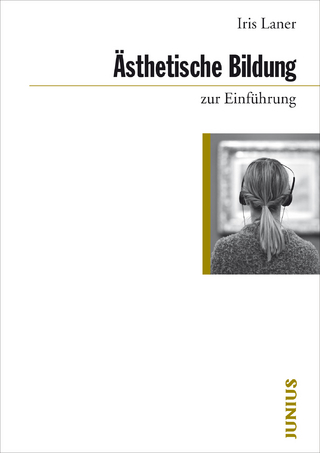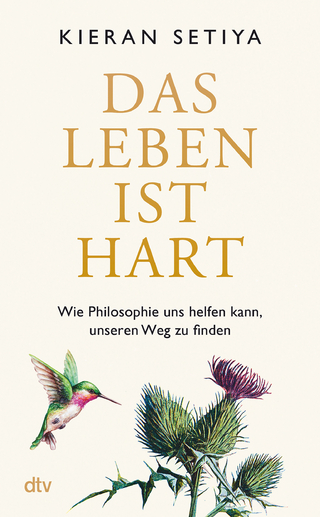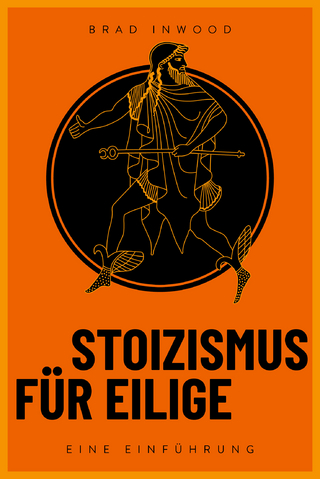
Healing the Social Organism
Rudolf Steiner Press (Verlag)
978-1-85584-670-8 (ISBN)
Speaking just months after the end of the First World War, Rudolf Steiner urges his audience to awaken to the practical relevance of spiritual knowledge. Serious engagement with contemporary spiritual-scientific concepts can awaken healthy forces of the will, which in turn facilitate constructive action in the outer world. Conversely, ideas that are remnants of a previous age – echoed in empty phrases and dogmas – only hinder our ability to think with the consciousness demanded by the times, destroying the potential for true social initiative.
The historical context of these lectures was indeed disastrous, with inflation, hunger, homelessness and political extremism all rife. But Steiner advises that social conditions will only get worse if people don’t engage with modern spiritual impulses. Thus – in contrast to the backward phenomenon of nationalism and the contemporary caricature of democracy – he introduces the future-oriented concept of social threefolding. He discusses manifold challenges, such as the decline of the West and the outmoded spiritual impulses of Jesuitism and Freemasonry – but also the positive path for an ascent of Western societies, genuine spiritual medicine, the true message of Easter, and the victory of the Archangel Michael. In several lectures, Rudolf Steiner speaks in some detail about the role and structure of the Catholic Church, the historical use of encyclicals and the doctrine of Papal Infallibility.
The first full translation of this course features an introduction by Dorothy Hinkle-Uhlig, notes and an index.
Rudolf Steiner (1861-1925) called his spiritual philosophy “anthroposophy”, meaning “wisdom of the human being”. As a highly developed seer, he based his work on direct knowledge and perception of spiritual dimensions. He initiated a modern and universal “science of spirit”, accessible to anyone willing to exercise clear and unprejudiced thinking. From his spiritual investigations Steiner provided suggestions for the renewal of many activities, including education (both general and special), agriculture, medicine, economics, architecture, science, philosophy, religion and the arts. Today there are thousands of schools, clinics, farms and other organizations involved in practical work based on his principles. His many published works feature his research into the spiritual nature of the human being, the evolution of the world and humanity, and methods of personal development. Steiner wrote some 30 books and delivered over 6000 lectures across Europe. In 1924 he founded the General Anthroposophical Society, which today has branches throughout the world.
| Erscheinungsdatum | 12.11.2024 |
|---|---|
| Reihe/Serie | The Collected Works of Rudolf Steiner |
| Einführung | D. Hinkle-Uhlig |
| Übersetzer | D. Hinkle-Uhlig |
| Verlagsort | East Sussex |
| Sprache | englisch |
| Maße | 155 x 235 mm |
| Themenwelt | Geisteswissenschaften ► Philosophie |
| Weitere Fachgebiete ► Anthroposophie | |
| ISBN-10 | 1-85584-670-5 / 1855846705 |
| ISBN-13 | 978-1-85584-670-8 / 9781855846708 |
| Zustand | Neuware |
| Informationen gemäß Produktsicherheitsverordnung (GPSR) | |
| Haben Sie eine Frage zum Produkt? |
aus dem Bereich


